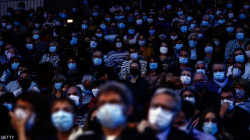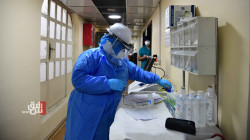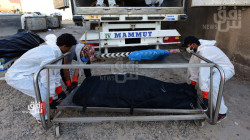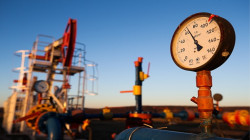The Best and Worst Places to Be as We Learn to Live With Delta
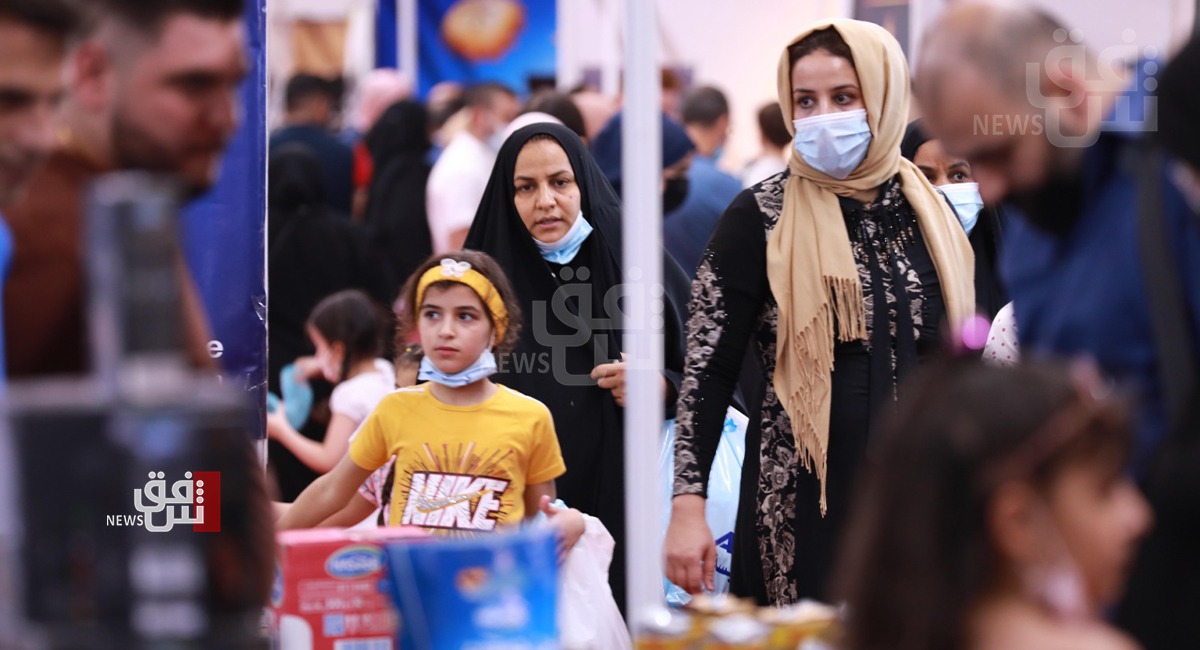
Shafaq News/ Delta has redefined how we live with the virus, with places that stayed resilient amid the variant's onslaught providing a new model for how the world emerges from the pandemic.
In September, European nations dominate the top rungs of Bloomberg's Covid Resilience Ranking for a third month, and we have a new No. 1—Ireland has taken pole position from Norway after steadily climbing the ranks from the start of 2021, when it had the worst outbreak in the world.
It pulled off the startling turnaround with a strategy used Europe-wide. Even as the peak summer travel season unfolded alongside delta's spread, Ireland and places like Spain, the Netherlands and Finland held down serious illness and deaths through pioneering moves to largely limit quarantine-free entry to immunized people. Bestowing more domestic freedoms on the inoculated helped boost vaccination levels to some of the highest in the world—over 90% of Ireland's adult population has received two shots—while allowing social activity to resume safely.
In contrast, delta left the US reeling. The world's biggest economy dropped three spots to No. 28 in September as unfettered normalization, regardless of vaccination status, drove a surge in cases and deaths. Inoculation has hit a wall, with places that started shots later than the US now overtaking it.
The Covid Resilience Ranking is a monthly snapshot of where the virus is being handled the most effectively with the least social and economic upheaval. Compiled using 12 data indicators that span virus containment, the quality of healthcare, vaccination coverage, overall mortality and progress toward restarting travel and easing border curbs, the Ranking captures which of the world's biggest 53 economies are responding best—and worst—to the same once-in-a-generation threat.
Southeast Asian economies continue to populate the Ranking's bottom rungs in September, with Indonesia, Thailand, Malaysia, Vietnam and the Philippines the last five. While the region's outbreak may have peaked, their export-reliant economies are still struggling from the hit.
Once the gold standard for virus containment, the Asia-Pacific is faltering in the era of vaccination. Not only are their strict measures less effective in the face of delta, former top rankers in the region are also grappling with how to reopen after such a long period of isolationist border curbs.
No. 1 at the Ranking's inception last November, New Zealand fell nine spots from August to No. 38. A delta incursion after months virus-free has left the country in varying degrees of lockdown, still seeking to stamp out infections as it strives to boost vaccination levels. Singapore, which is trying to pivot from a Covid Zero approach to a vaccine-led reopening, fell 11 rungs as an unsettling surge in cases saw some restrictions reimposed.
What's increasingly apparent is that the pandemic is far from over—for some more than others.
Called "a shame on all humanity" by World Health Organization chief Tedros Adhanom Ghebreyesus, vaccine inequality persists, confining developing economies to the bottom half of the Ranking. With so many countries barely inoculated, the risk of another destructive variant emerging has never been higher, just as rich nations grapple with waning immunity from the first round of shots.
Will booster campaigns by the richest nations worsen vaccine inequality? Can Europe remain resilient as cold weather, the virus's optimal conditions, descends? Might Asia claw back ground as inoculation progresses?
These questions will be the focus of the Ranking as we move into October.
Source: Bloomberg
